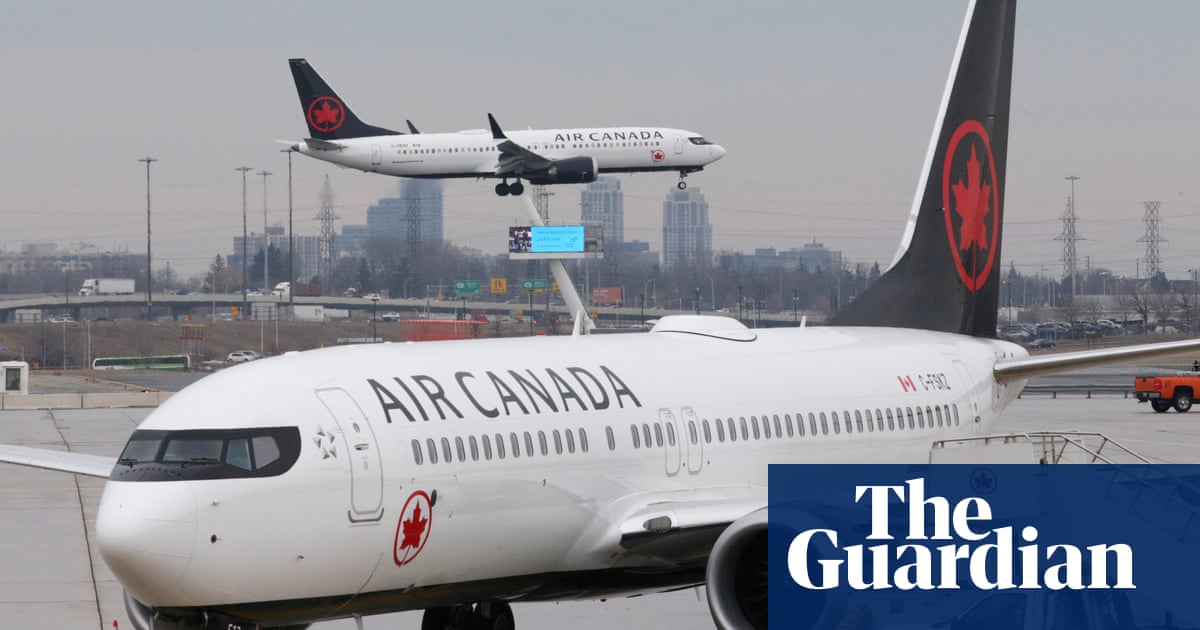
The robbery of gold and cash worth nearly C$24m ($17m) at Toronto’s primary airport remains unsolved even after six months.
However, the airline and armored car company involved in transporting the cargo are currently embroiled in a contentious lawsuit regarding the theft. Both parties are pointing fingers at each other, claiming responsibility for what is considered one of Canada’s biggest robberies.
In April 2023, a theft occurred at Pearson International Airport’s cargo warehouse where 24 gold bars and approximately $2 million (C$2.7 million) in cash were taken. The perpetrator used a fraudulent waybill to obtain the cargo.
During the month of October, Brink’s, a cash-handling company in the United States, claimed in a legal document that Air Canada’s insufficient security measures led to a robber stealing valuable cargo just 42 minutes after it had arrived at an airport warehouse.
Recently, it has been revealed that Air Canada has responded by claiming that Brink’s transported the gold and cash from Zurich to Toronto without disclosing its worth, neglecting to include insurance, and refusing to pay for additional security measures.
“According to the statement of defense from the airline, Brink’s Switzerland Ltd did not ask for or compensate Air Canada for any insurance related to the cargo being transported under this air waybill. Additionally, Air Canada was not aware of Brink’s Switzerland Ltd obtaining any insurance at all. The company chose not to declare a value for the shipment and also decided not to insure it, opting instead to pay the regular rate for Air Canada’s services.”
The lawsuit filed by Brink’s claims that the thieves were able to easily steal the gold by falsifying a waybill, as Air Canada’s security measures at their cargo handling facility were not adequate.
According to Brink’s, the lack of security measures allowed thieves to escape with 400kg of gold and over 50kg of cash.
Both corporations have referred to the Montreal Convention, which governs global shipments and establishes a maximum reimbursement amount for the loss of goods.
According to Air Canada, the agreement limits its monetary responsibility and deems the claims for damages as being “excessive” and too unlikely for a loss that was not directly caused by the company.
On the other hand, Brink’s claims that there is no cap on the remuneration they are entitled to according to the agreement. They also stated that they paid additional fees for the shipments and clearly labeled the waybills to inform Air Canada employees that the cargo contained banknotes and gold bars. Additionally, they requested for the crates to receive special attention during handling.
The lawsuit documents have not been tried in the federal court where the case is being heard.
Source: theguardian.com
















